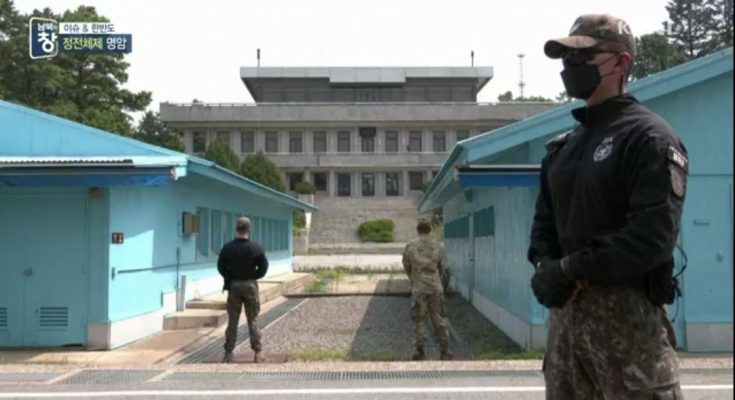It was an early morning with thick mist. More than 40 soldiers rapidly grabbed rifles and moved quickly. There was an A-level working order from the upper tactical unit to deploy soldiers at every surveillance outpost. Here is the DMZ, Demilitarized Zone with bordering North Korea. When there was no strict tension with the North, or the weather was good enough to monitor the North easily, the working order was usually the lowest level. However, when things were worse, it changed to A or B levels, which meant there could be an invasion from North Korea.
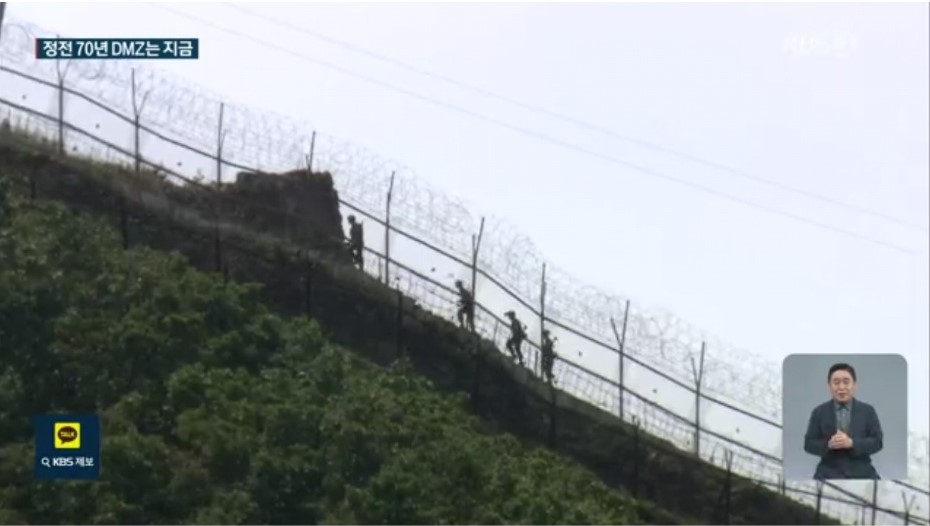
DMZ: The Most Tense Area in the World
In the mid-1990s, I served as a South Korean Army officer in the DMZ. The DMZ is a strip of land that extends 2 kilometers (approximately 1.24 miles) in both south and north directions from the Military Demarcation Line (MDL), which serves as the border between South Korea and North Korea. The DMZ was established in 1953 after the Korean War. In the DMZ, no arms are allowed. The purpose of the DMZ is to ease military tensions between both sides and prevent conflicts. However, to the contrary, it is famous for both sides pointing heavy guns each other and waiting for the launch order.
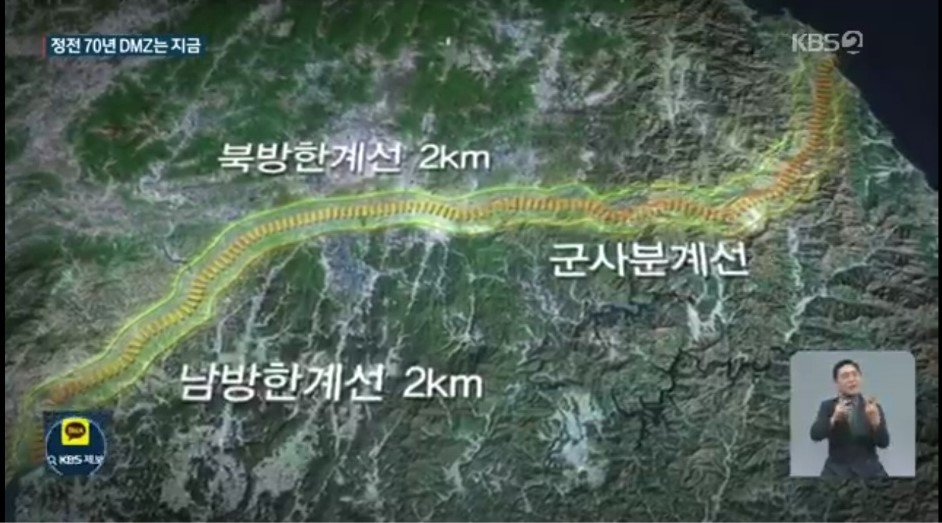
I underwent military training for 8 months before being deployed to the DMZ. My primary purpose of training was ‘to kill North Korean soldiers.’ I learned how to shoot a gun toward North Korean soldiers and how to lay mines to injure more enemies at once. As a young Korean army officer leading tens of subordinate soldiers and as a young South Korean man, I sincerely committed myself to training. I was proud of defending my family and friends from the North. However, there was also significant mental anguish. At that time and even now, I still think the North Korean leadership is my main enemy; however, ordinary soldiers at the field level are <the> same ethnic people with common ancestors. We are brothers.
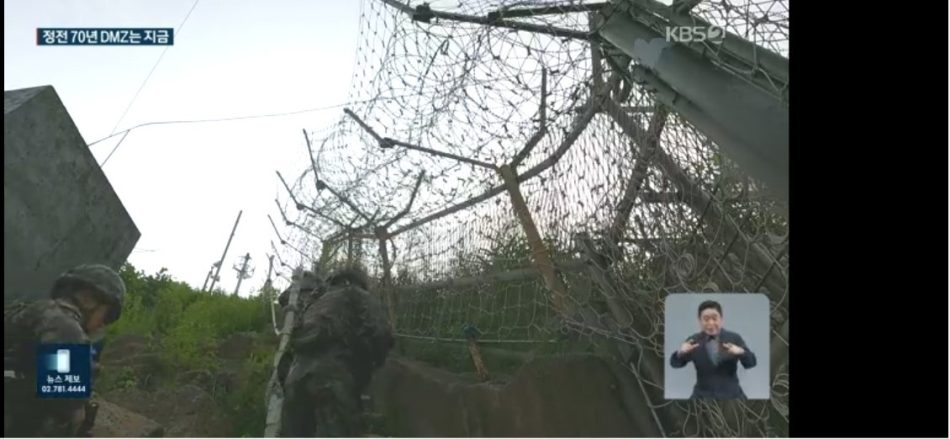
Far from Peace: 420,000 Violations against the Armistice Agreement
Every Korean man must do military service. Although the mandate period decreased from 3 years to 1 year and a half, which is almost half of before, military service is still a significant and burdensome responsibility for Korean young men. They need to stop their studies or careers at the most brilliant time of life. In addition, when there is military tension between the two Koreas, concerns are amplified. There can be questions about being alive and returning safely from the battlefield with North Korea. According to the South Korean public broadcaster KBS report, there have been 420,000 violations against the Armistice Agreement from 1953, the year of the agreement, to April 1994 by North Korea.
This agreement was signed to ease the military tension between the two Koreas and prevent a full-scale war between them. However, the North kept violating the agreement, and conflicts continued. So the report added that there were some insisting that the Armistice Agreement should be replaced <with> a Peace Agreement.
During my military service, there was a big event when the South Korean president met the North Korean leader. At that time, the era of peace came to the DMZ. The loudspeaker broadcasts, which used to vigorously condemn each other’s regimes, disappeared. The South Korean signboard that used to provoke North Korea nightly with the message “Welcome Defectors” was replaced with a friendly message stating, “We are brothers.” Soldiers, including myself, learned the power of peace, and our physical and mental stress lessened.
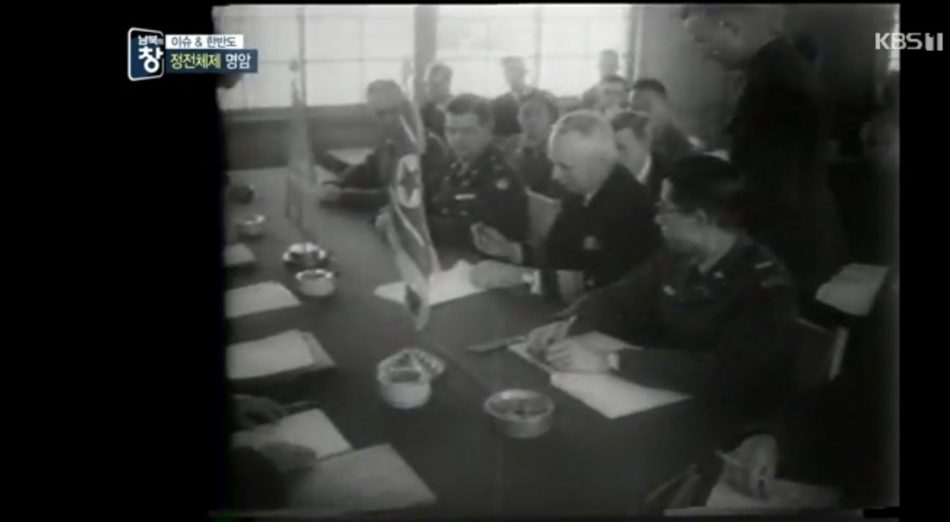
International Day of Peace: We Need the Era of Peace, not Confrontation
September 21st is the International Day of Peace by the United Nations. However, we still have wars and conflicts in the world. The Ukraine war, which started in February 2022, is continuing. There are expectations that this war will continue for a long time. The whole world remains in a state of tension, and the global economy is also unstable. There are some concerns that large-scale wars might erupt. Particularly, the worries of young individuals and their parents who may have to directly engage in combat cannot be overstated.
Twenty years ago, I promised myself not to pass a world with war and military confrontation to my children and descendants. It is because I know the horrors of such a situation. However, I have not yet fully kept that promise. On the International Day of Peace, I reflect on my DMZ experiences over two decades ago. I urge the people of the world: Let’s quit the era of war and confrontation and open the era of peace!

